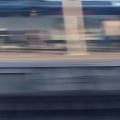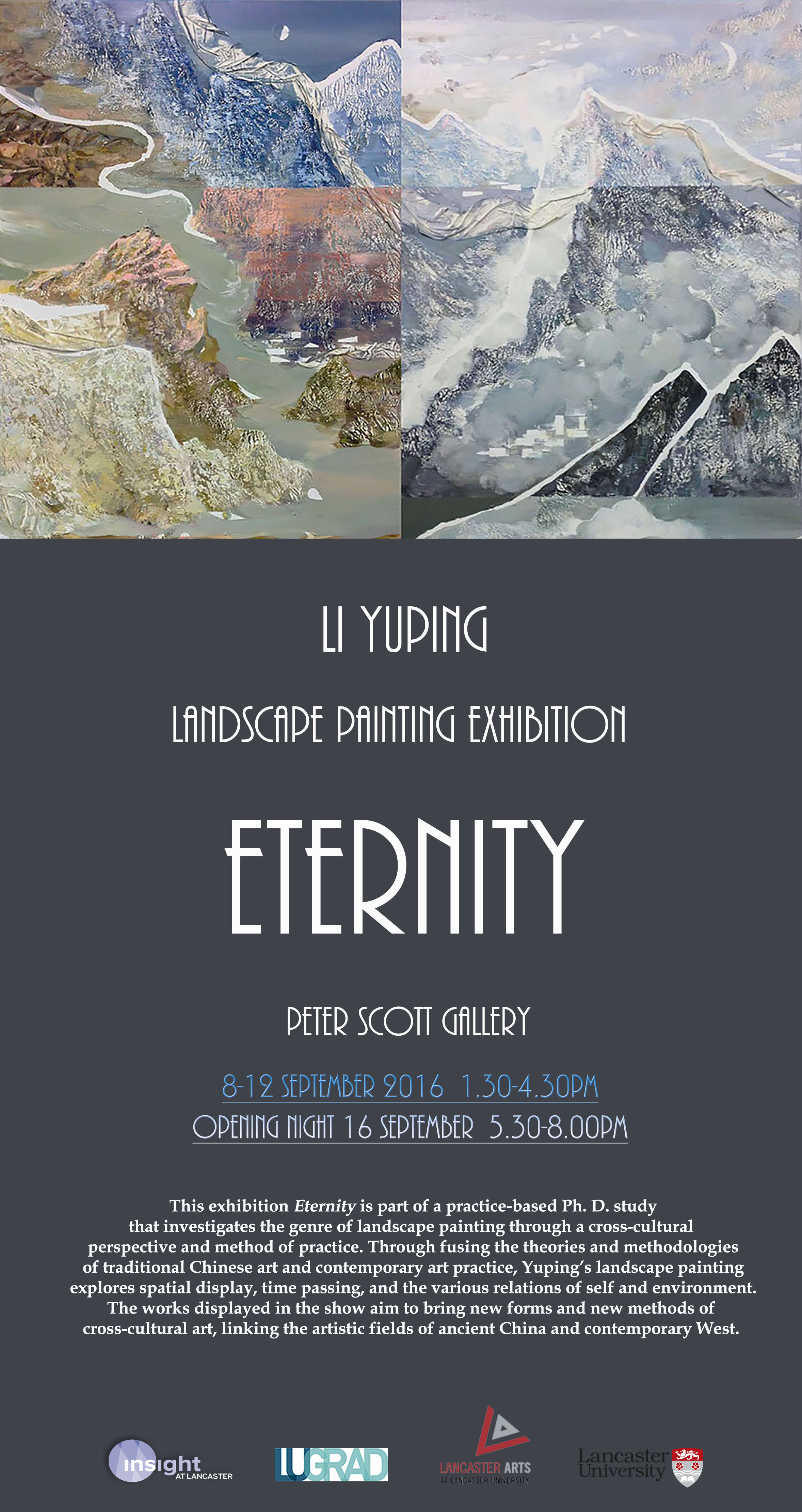Mobile Utopia Exhibition
This exhibition of 13 international artists, curated by Jen Southern, Emma Rose and Linda O Keeffe, is part of the conference Mobile Utopia: Pasts, Presents, Futures at the Lancaster House Hotel from 2nd-5th November 2017.
The exhibition includes works in a diverse range of media: video installation, sound art, data sculpture, walking art, book works, performance, networked art and participation. The exhibition is accompanied by a catalogue, and features work by the following artists: Kaya Barry, Tess Baxter, Valentina Bonizzi, Fernanda Duarte, Michael Hieslmair & Michael Zinganel, Vicki Kerr, Clare McCracken, Peter Merrington & Ilana Mitchell, Nikki Pugh, Max Schleser, Gerda Cammaer & Phillip Rubery, Samuel Thulin, Christina Vasilopoulou, and Louise Ann Wilson.
“To appreciate the patchy unpredictability associated with our current condition, we need to reopen our imaginations”. (Tsing, 2015: 5)
The term ‘utopia’ is problematic. Originating in the Greek for ‘no place’ or ‘good place’ it suggests an ideal that can only be imagined. To imagine utopias could be seen as an unrealistic orientation to a future in which the local impacts of global change will be severe. However, utopian thinking also includes the pursuit of a transformative, it is about how we might strive towards a better future and find strategies for living with dystopic situations. Anthropologist Anna Tsing suggests that we need imagination to grasp the precariousness and unpredictability of contemporary life. She does this through both a metaphorical use of the Matsuke mushroom to imagine the possibility of life in a ruined landscape, and through detailed observations of the lives of mushroom pickers surviving economically in the ruins of capitalism. This parallel practice of imagination and observation also characterise the works in the Mobile Utopia exhibition. Through the works we see utopian plans and ideas come up against the frictions of physical place; where ideas are not only imagined, but attempted, enacted. and grappled. Although all the art works are distinctly mobile, they are grounded by the frictions that the artists unearth, enact and perform through investigations of situated and spatial practices. We suggest that the processes and journeys that produced the art works can be thought of as strategies for living and making meaning in the ruins of capitalism.
We have grouped the works into three themes: an exploration of infrastructures that enable particular kinds of mobilities; the negotiation of identity on the move and in relation to changing geographies; and the questioning of veracity of or within distributed, networked and mediated mobilities. The themes often overlap within the works as the artists navigate between material geographies, mobile lives and distributed networks. The works are not propositions for the future, they are all explicitly grounded in the way that past, present and future are entangled in a complex relation to each other and to the frictions of location. While reminding us of past ideas of utopian planning they also offer new ways to make critical observations.

Kaya Barry, Panoramic Utopias (2017)

Tizzy Canucci (aka Tess Baxter), There is No Cure for Curiosity (2016)
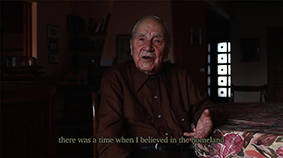
Valentina Bonizzi, Cartographers (2015)
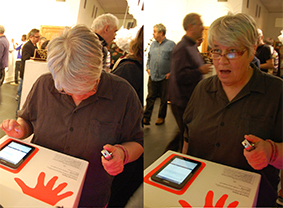
Fernanda Duarte, Truth or Dare (2013−14)
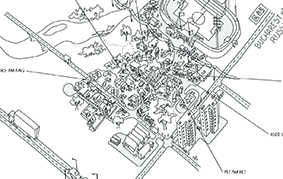
Michael Hieslmair & Michael Zinganel, Mapping What If? Speculative Predictions on Everyday Practices (2017)
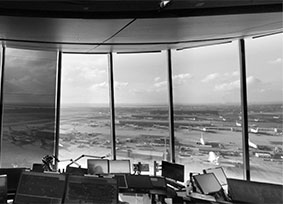
Vicki Kerr, Tower (2017)
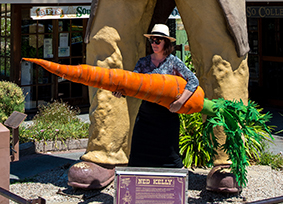
Clare McCracken, Snowman Killer (2017)
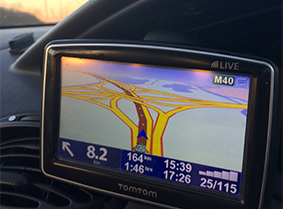
Peter Merrington & Ilana Mitchell, The English Four Stack (2017)
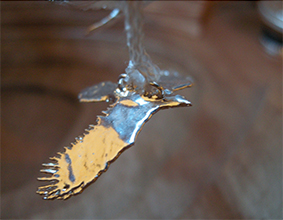
Nikki Pugh, Orrery for Landscape, Sinew and Serendipity (2016 — )
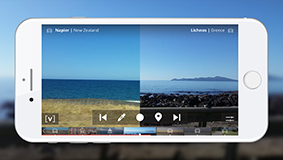
Max Schleser, Gerda Cammaer & Phillip Rubery, Viewfinder (2015−16)
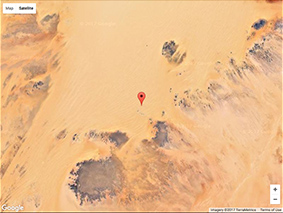
Samuel Thulin, Nowhere in the Desert: A Utopian Soundscape (2017)
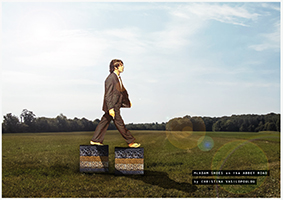
Christina Vasilopoulou, McAdam Shoes (2017)

Louise Ann Wilson, Warnscale: A Land Mark Walk Reflecting on In/Fertility and Childlessness (2017)


